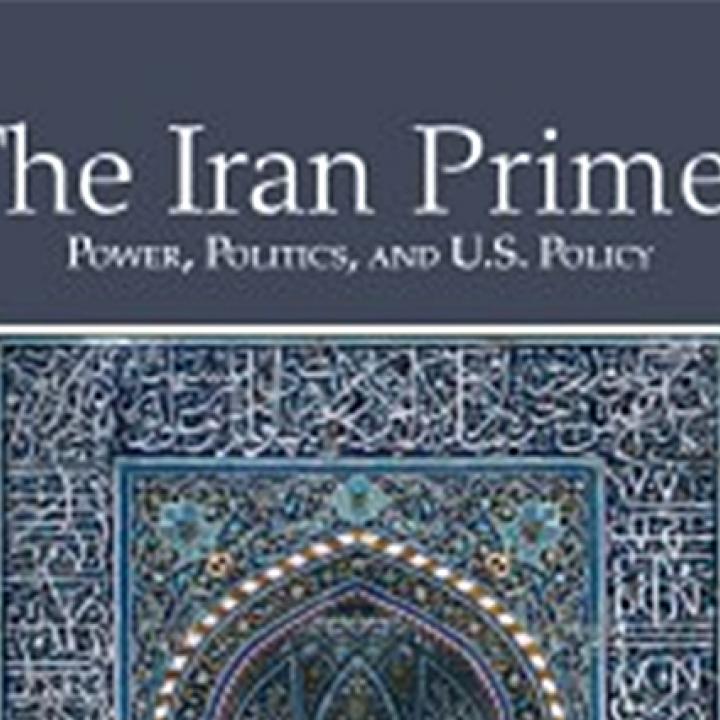

Patrick Clawson, Mehdi Khalaji, Michael Eisenstadt, Matthew Levitt, and Michael Singh have contributed material to this important ongoing project on Iran.
In October 2010, the United States Institute of Peace, in conjunction with the Woodrow Wilson International Center for Scholars, commenced publication of The Iran Primer: Power, Politics, and U.S. Policy, an ongoing online compendium of essays by fifty of the world's top scholars on Iran. The authors represent some twenty foreign policy think tanks, eight universities, and senior foreign policy officials from six U.S. administrations. With no single political agenda, the publication presents a wide range of perspectives on diverse aspects of Iran's politics, economy, military, nuclear program, and society. It also probes Iran's foreign relations with a dozen nearby countries or regions, chronicles U.S.-Iran relations under six American presidents, and presents the West's options for dealing with Iran in the future.
Five Institute senior fellows have contributed material to The Iran Primer project. Click on any of the following links to download individual contributions.
Iran-Syria Religious Ties Mehdi Khalaji
Iran Talks: Is New Momentum Enough? Patrick Clawson
Will Obama Win Jumpstart Diplomacy? Patrick Clawson
Tehran's Views on U.S. Politics, Nuclear Talks, Mehdi Khalaji
Assessing Iran's Parliamentary Election, Mehdi Khalaji
Analyzing the Impact of European Sanctions, Patrick Clawson
Will Iran Dare Close the Strait of Hormuz? Michael Singh
U.S. Court Ruling Links Iran to Al-Qaeda, Matthew Levitt
Treasury Tightens Squeeze on Iran Front Companies, Matthew Levitt
Analysis of Iran-al-Qaeda 'Secret Deal,' Patrick Clawson
Financial Sanctions, Matthew Levitt
Interview with Mehdi Khalaji on Iranian relations with Egypt's Muslim Brotherhood
Politics and the Clergy, Mehdi Khalaji
The Limits of Iran's Soft Power, Michael Eisenstadt
Iran and Iraq, Michael Eisenstadt
U.S. Sanctions, Patrick Clawson
PDFs reproduced by permission of United States Institute of Peace. Copyright 2010 by the Woodrow Wilson International Center for Scholars and the United States Institute of Peace.







